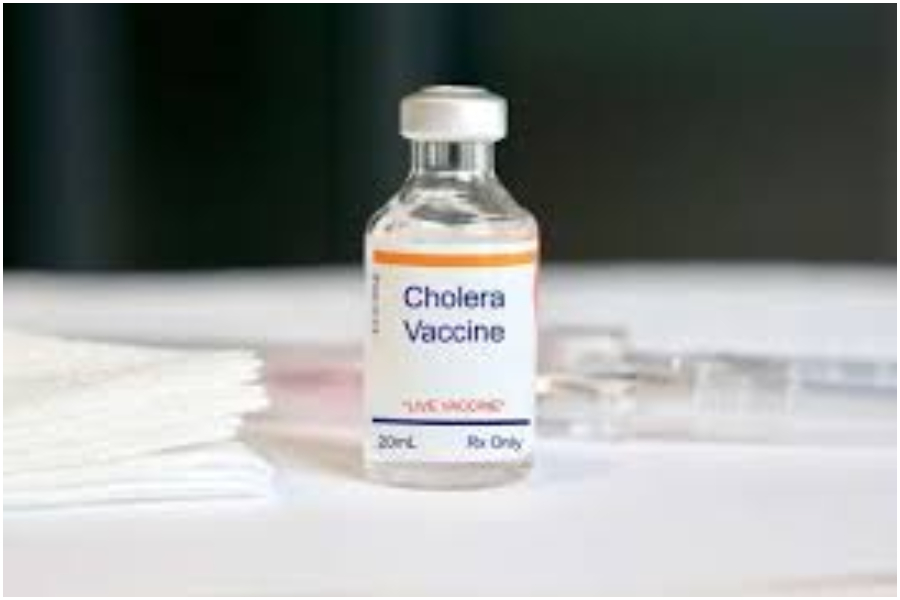The standard two-dose vaccination regimen in cholera outbreak response campaigns has been temporarily suspended by the International Coordinating Group (ICG).
They are using a single-dose approach instead of the standard two-dose.
The ICG in a statement issued on Wednesday, said the exceptional decision reflected the grave state of the cholera vaccine stockpile.
The pivot in strategy will allow for the doses to be used in more countries, at a time of unprecedented rise in cholera outbreaks worldwide.
Since January 2022, 29 countries have reported cholera cases, including Haiti, Malawi and Syria which are facing large outbreaks.
In comparison, in the previous five years, fewer than 20 countries on average reported outbreaks, it said.
According to the News Agency of Nigeria (NAN), the ICG is an international group that manages and coordinates the provision of emergency vaccine supplies and antibiotics to countries during major disease outbreaks.
The statement said that the global trend was moving toward more numerous, more widespread and more severe outbreaks.
It said trend was due to floods, droughts, conflict, population movements and other factors that limit access to clean water and raise the risk of cholera outbreaks.
The one-dose strategy has proven to be effective to respond to outbreaks, even though evidence on the exact duration of protection is limited, and protection appears to be much lower in children.
With a two-dose regimen, when the second dose is administrated within six months of the first, immunity against infection lasts for three years.
The benefit of supplying one dose still outweighs no doses: although the temporary interruption of the two-dose strategy will lead to a reduction and shortening of immunity.
This decision will allow more people to be vaccinated and provide them protection in the near term, should the global cholera situation continue deteriorating, it said.
According to the group, the current supply of cholera vaccines was extremely limited.
Furthermore, the statement said its use for emergency response is coordinated by the ICG which manages the global stockpile of oral cholera vaccines.
It said that out of the 36 million doses meant to be produced in 2022, 24 million have already been shipped for preventive (17 per cent) and reactive (83 per cent) campaigns.
It said an additional eight million doses were approved by the ICG for the second round for emergency vaccination in four countries, illustrating the dire shortage of the vaccine.
As vaccine manufactures are producing at their maximum current capacity, there is no short-term solution to increase production.
The temporary suspension of the two-dose strategy will allow the remaining doses to be redirected for any needs for the rest of the year, it said.
According to the statement, this solution is short-term but to ease the problem in the longer term, urgent action is needed to increase global vaccine production.
However, the ICG would continue to monitor the global epidemiological trends as well as the status of the cholera vaccine stockpile, and will review this decision regularly.
